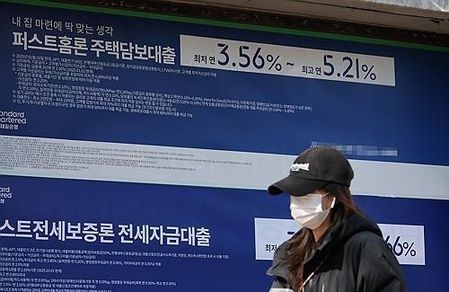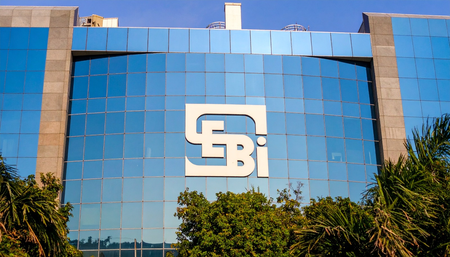
Seoul, Nov 26 (IANS) Banks’ overall loan rates edged down in October amid the central bank’s monetary easing cycle, though mortgage rates climbed due to authorities’ tighter lending regulations, data showed on Wednesday.
The average interest rate on new bank loans came to 4.02 per cent last month, down 0.01 percentage point from September, according to data from the Bank of Korea (BOK), reports Yonhap news agency.
By sector, the average rate on corporate loans fell 0.03 percentage point to 3.96 per cent in October, marking the fifth consecutive monthly fall.
In contrast, the rate on new household loans rose 0.07 percentage point to 4.24 per cent, as home-backed mortgage loans and jeonse loans increased by 0.02 percentage point each.
“General credit loan rates fell by 0.12 percentage point to 5.19 per cent, but the share of the loans, which carry relatively higher interest rates, expanded, leading to an overall rise in household loan rates,” a BOK official said.
Jeonse is a unique housing rental system in South Korea in which tenants make a large lump-sum deposit that is fully returned at the end of their lease agreement.
The rise in mortgage rates came as the government has rolled out stricter lending rules for home purchases to cool the overheated property market and rein in household debt.
The average rate that banks pay for fresh deposits went up 0.05 percentage point to 2.57 per cent, marking the second consecutive month of gain.
The spread on banks’ outstanding lending and deposit rates narrowed by 0.01 percentage point to 2.18 percentage points last month, the data showed.
The BOK began its monetary easing cycle in October 2024, cutting the key interest rate by 0.25 percentage point to 3.25 per cent.
It has since lowered the rate to 2.5 per cent to support economic growth.
At its latest rate-setting meeting last month, the central bank kept the benchmark rate unchanged for a third straight meeting to safeguard financial stability amid rising household debt and uncertainties stemming from U.S. tariff policies.
The next policy meeting is slated for Thursday.
–IANS
pk




